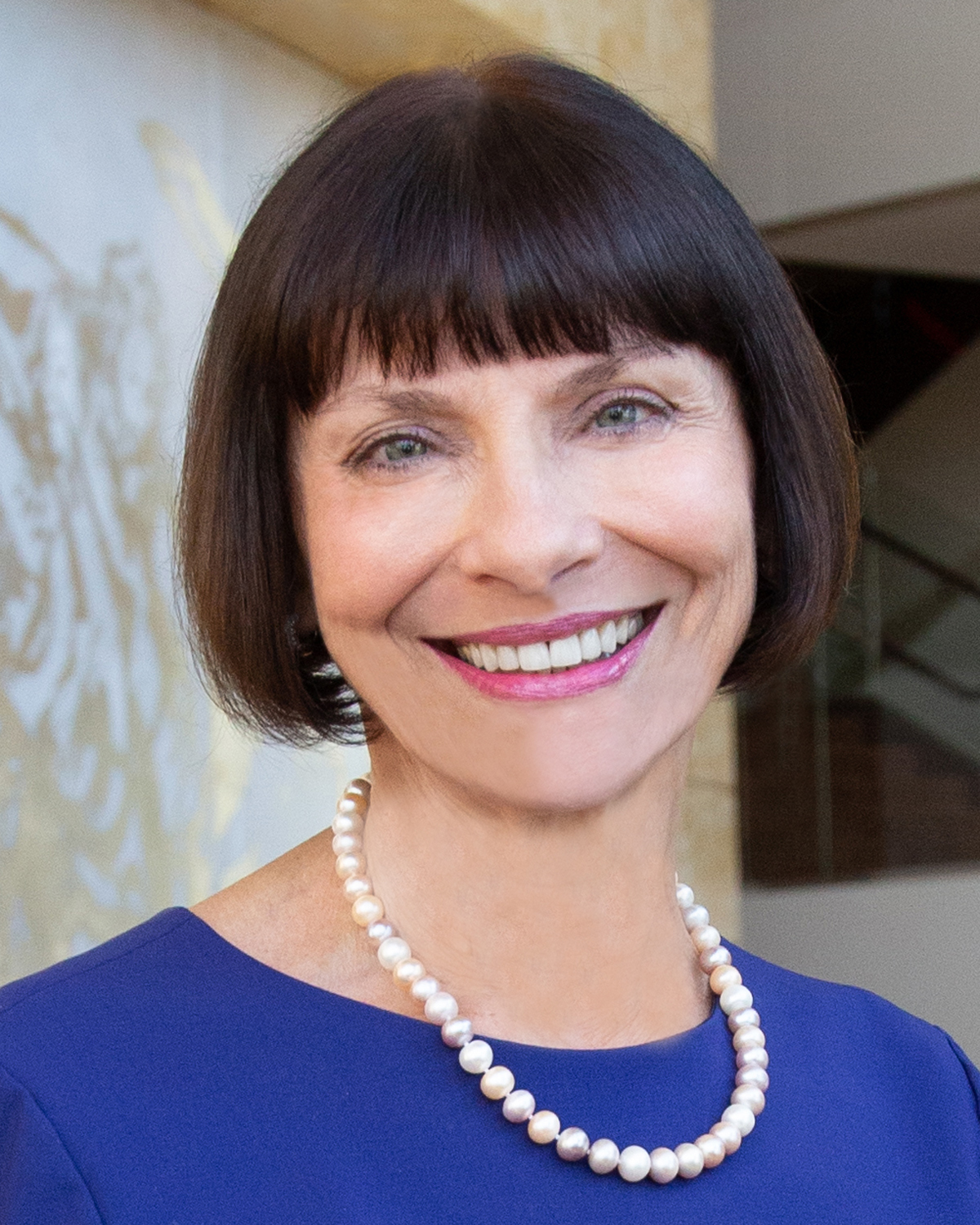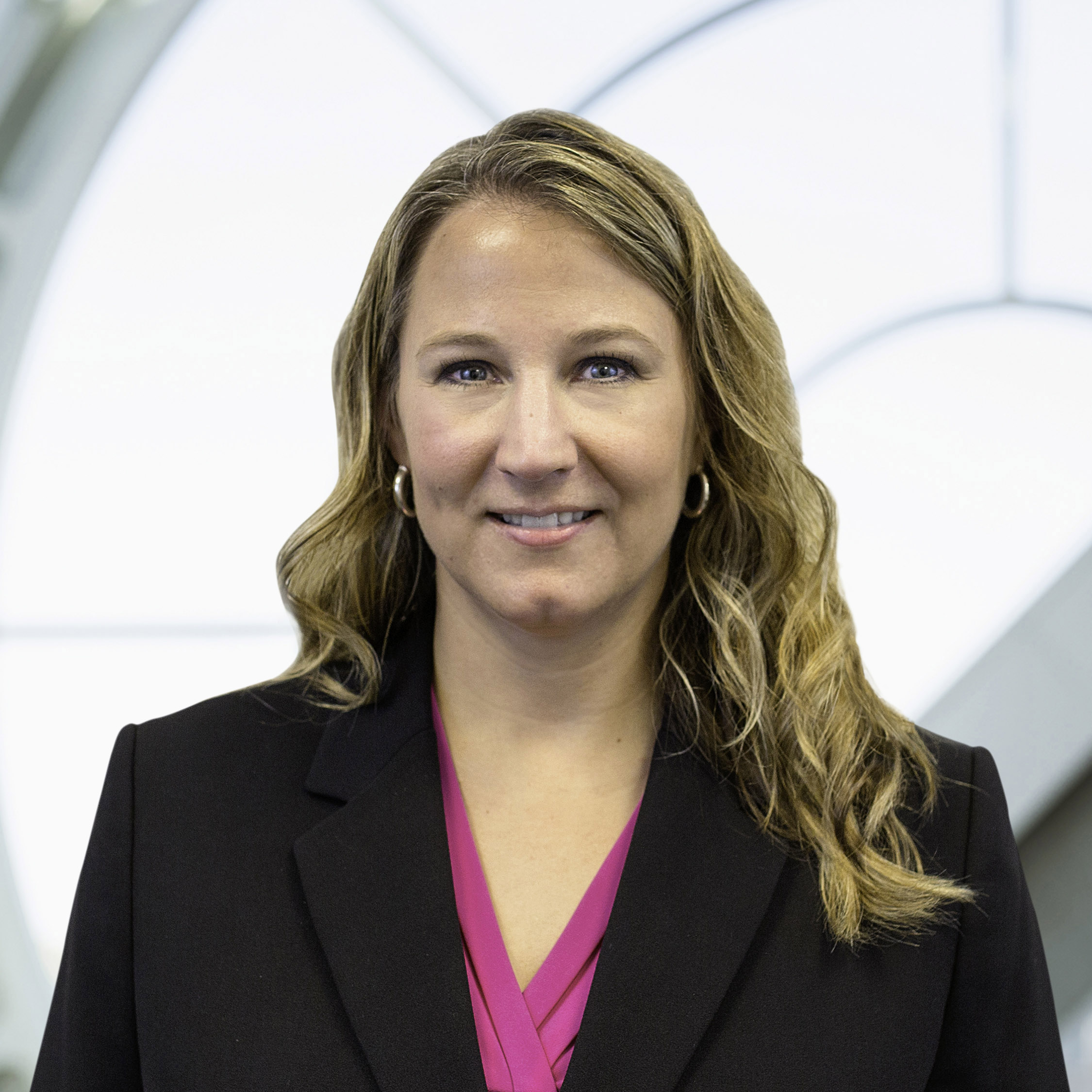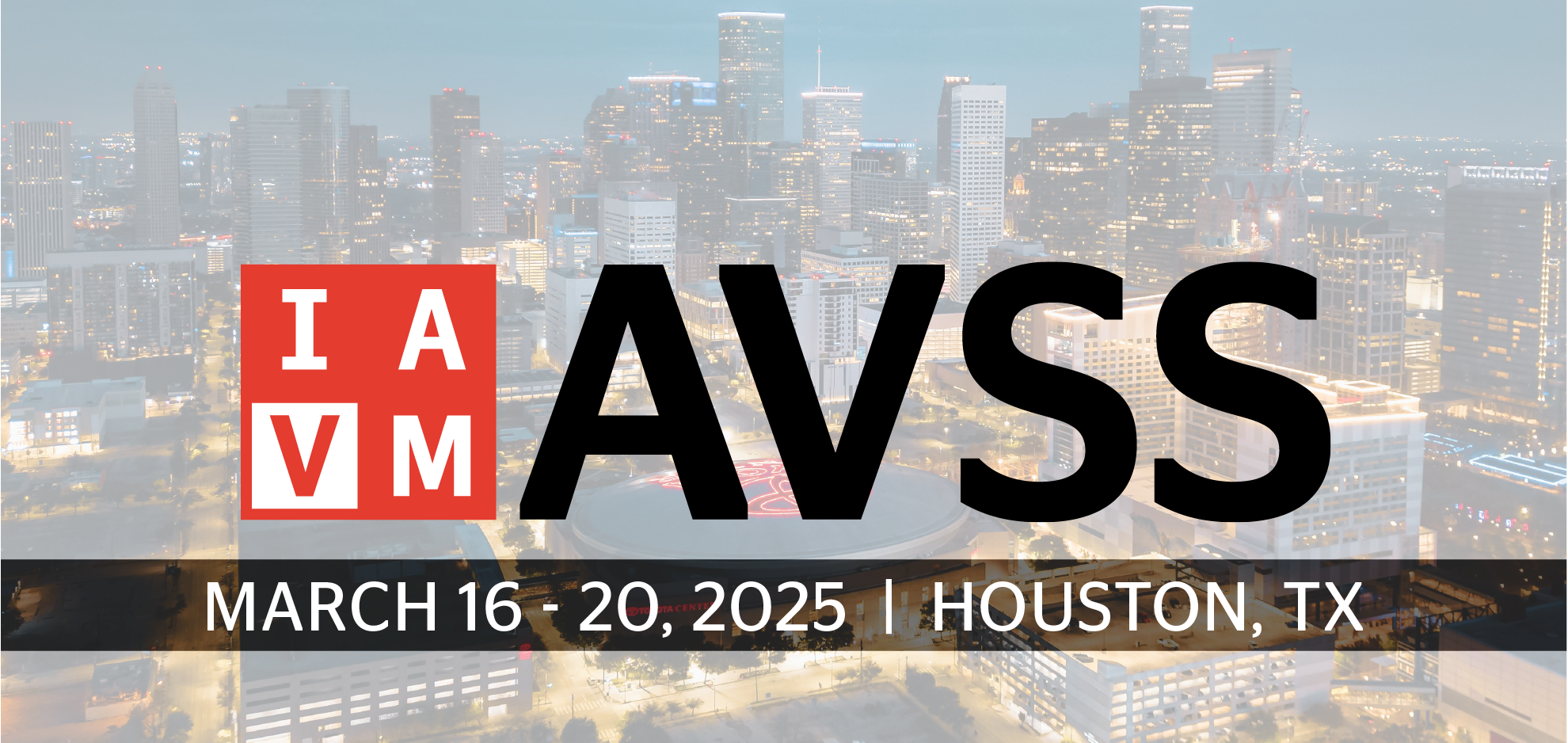Join Us at AVSS 2025!
What is AVSS?
IAVM’s Academy for Venue Safety & Security uses courses and classroom experiences, combined with practical exercises and hands-on activities to support your growth as a professional in the venue industry.
Gain valuable resources that will benefit your organization and receive a toolkit of reference materials, including a personalized “Action Plan” to apply your new learning right away.
Is AVSS for me?
Designed to support individuals at any stage of their careers, AVSS students come from diverse professional backgrounds, including venue managers, event planners, public safety professionals, industry and business leaders, government agencies, educators, and more.
AVSS Learning Outcomes from Year 1:
- Enhance understanding of the venue and event safety, as well as the security ecosystem
- Recognize core principles of adequate safety and security planning
- Develop skills to communicate safety and security plans, procedures, and concerns effectively to internal staff and key stakeholders while fostering a networked community
AVSS Learning Outcomes from Year 2:
- Demonstrate and apply comprehensive knowledge of the venue and event safety and security ecosystem
- Integrate foundational principles of safety and security planning seamlessly within your organization
- Exhibit proficiency in communicating, implementing, and managing safety and security plans in both daily operations and emergency situations
- Identify valuable resources for ongoing professional development while staying informed on emerging safety and security issues and trends
Who are the AVSS 2025 Instructors?
- Peter Ashwin, MSc, F.ISRM, MSyI
Principal – Event Risk Management Solutions (ERMS) - David Born, CPP, CSSP
Senior Director, Business Services – Prevent Advisors / Oak View Group - Bryan Frieders
Director of Health and Safety – Redrock Entertainment Services - Andy Jabbour
Managing Director – Gate 15 - Alex Keen
Principal – Keen Independent Research - Joe Levy, CVE
Assistant General Manager – Barclays Center - Wayne Middleton, CVE
Principal Consultant – Reliance Risk - Joey Sampson, JD
Partner – McCathern, Shokouhi, Evans - Harriet Thomas
Director of Talent Development and Communications – GWCCA - Jessica Reid-Bateman
- Stella Salyer
Assistant General Manager, Virginia Beach Convention Center - Akmal Ali
- Mark Camillo
- Daniel Ward, MBA, CEM
Director of Training, National Center for Spectator Sports Safety and Security (NCS4) - Kevin Kennedy, MSc
Principal, Kennedy Crowd Safety Solutions - Mark Herrera
Director of Security, IAVM - Rosa Reyes
Evaluator - Dan Mathis Jr., MS, CPP
VP Security Solutions, Xonar Technology - Ty Sheaks
- Betty Seigel
- Thomas Bedard
- Deron McElroy
Where is AVSS 2025?
Registration includes 5 nights at the host hotel, Omni Houston Hotel (4 Riverway Drive, Houston, TX 77056). IAVM will make your hotel reservation for arrival on Sunday, March 16 and departure on Friday, March 21.
Attendees should plan to arrive in time for the first session at 2:00 p.m. on Sunday. AVSS concludes with the graduation dinner on Thursday night, attendees may plan to depart any time on Friday.
Want to Elevate Your Brand at the Industry’s Premier Safety & Security Event?
Become a valued sponsor at AVSS 2025 and connect with top professionals in venue safety and security management. This premier event gathers experts, decision-makers, and influencers committed to advancing safety standards across public assembly venues. Sponsorship at AVSS 2025 is your chance to:
- Showcase your brand to a dedicated audience of safety and security professionals.
- Gain exclusive exposure through branding opportunities on-site and across event materials.
- Network directly with industry leaders and engage in conversations that drive your business forward.
- Align your brand with IAVM’s dedication to advancing safety standards in public assembly spaces.
Contact us at sales@iavm.org or view the AVSS 2025 Prospectus to learn more!
Ready to register?
Visit avss.iavm.org today!
With Tourist Development Tax Funding Unanimously Approved, Camping World Stadium and Kia Center Ready to Update and Upgrade Venues to Remain Competitive
7-0 Vote by Orange County Commission Allocates $400 Million to Stadium and $226 Million to Arena
Yesterday afternoon, Orange County Commissioners unanimously approved an agreement with the City of Orlando that will provide funding to update and enhance Camping World Stadium and Kia Center, two of the city’s major economic engines, ensuring both venues remain competitive for years to come. The vote follows approval of the agreement by Orlando City Council on November 11. Funding for the $626 million agreement is generated by future tourist tax revenues by way of a 6% surcharge on hotel rooms and short-term lodging within Orange County.
Camping World Stadium, owned and operated by the City of Orlando, will receive $400 million to remove and rebuild the stadium’s upper terrace decks, now nearly 35 years old. It will also help expand the stadium’s capacity up to 65,000 seats. Originally built in 1936, the iconic stadium has grown and evolved throughout the ensuing decades, including a $207.7 million reconstruction in 2014 and $60 million in additional upgrades in 2021. This latest upgrade will effectively provide a completely brand new stadium since 2014. Camping World Stadium has experienced a significant return on investment, drawing high-profile events including Wrestlemania 33, NFL Pro Bowl Games (4x), Monster Jam World Finals, international soccer friendlies and big-name concerts including Rolling Stones, Bad Bunny, Garth Brooks, Pink and the annual three-day EDC Orlando. In 2022 alone, these large-scale events generated a local economic impact of $632 million. Beyond rebuilding the stadium’s upper decks, an adjacent 100,000 square foot multi-purpose community space, projected to host over 100 mid-sized events annually, will be added.
Kia Center will receive $226 million over 10 years that will substantially improve many public-facing areas and address capital replacements of infrastructure including mechanical, electrical and plumbing systems along with security and fire protection, elevators and escalators (vertical transportation) and updated technology. Additional areas within the scope include interior and exterior finishes, along with furniture, fixtures and equipment (FF&E). These replacements and modern enhancements will help the arena attract the biggest and best events while improving the fan experience. Since opening in 2010, Kia Center, which is also owned and operated by the City of Orlando, has created over 4,070 jobs, hosted nearly 3,000 events, welcomed more than 18 million guests and generated a $6.5 billion economic impact. The arena recently wrapped its busiest year ever, hosting a record-breaking 70 concerts, easily beating its previous record of 54.
“As a globally recognized city that attracts visitors from around the world, this pivotal agreement ensures that Camping World Stadium and Kia Center will maintain their state-of-the-art appeal, while driving economic growth and leaving a lasting-positive impact on residents, businesses and visitors alike,” said Orlando Mayor Buddy Dyer.
“We appreciate the support from Orange County and City of Orlando Commissioners. Our community venues play a vital role in not only enriching the quality of life here in Central Florida, but also supporting countless local businesses,” said Orlando Venues Chief Venues Officer Allen Johnson. “This funding will go a long way to protect our community’s beloved investments.”
In the remaining weeks of 2024, Kia Center will host several concerts including Battle of the Bands, Kany Garcia, Kacey Musgraves, Creed and Rod Wave along with several Orlando Magic and Orlando Solar Bears games. Having just hosted a capacity crowd for P!NK on Monday night, Camping World Stadium is now gearing up for the annual Florida Blue Florida Classic this Saturday, November 23, followed by its three annual bowl games in December: the StaffDNA Cure Bowl, Pop-Tarts Bowl and Cheez-It Citrus Bowl.
General Manager & CEO Michele Swann to Step Down from the Cobb-Marietta Coliseum & Exhibit Hall Authority
Michele Swann, General Manager & CEO of the Cobb-Marietta Coliseum & Exhibit Hall Authority, has announced that she will leave her leadership position effective December 31, 2024.
 In her role with the Authority since 1995, Swann has been responsible for the administrative oversight and strategic growth of the Cobb Galleria Centre, Cobb Energy Performing Arts Centre, Galleria Specialty Shops and ArtsBridge Foundation. An announcement about a new General Manager and CEO will be made in early December.
In her role with the Authority since 1995, Swann has been responsible for the administrative oversight and strategic growth of the Cobb Galleria Centre, Cobb Energy Performing Arts Centre, Galleria Specialty Shops and ArtsBridge Foundation. An announcement about a new General Manager and CEO will be made in early December.
“Michele deserves all the credit for her steady leadership and execution of the Authority’s vision – among other things – to develop the Cobb Energy Performing Arts Centre, create the ArtsBridge Foundation, launch the capital plan to construct the performing arts center, guide the operations through a pandemic and oversee the design and programming for the renovation and expansion of the Cobb Galleria Centre,” said Jerry Nix, Chairman of the Authority. “She has been a watchful steward of the Authority’s assets, and the longevity and tenure of her staff is a testament to her quiet, humble leadership.”
Connie Engel, Chairwoman of the Authority’s Personnel Committee, said, “I struggle adequately finding the right words, but we at the Authority (and moreover those of us in Cobb County) are extremely grateful to Michele for the dedication and heart she has put into everything she has done over the last 29 years, including the years spent integrating the Cobb Galleria campus and parking with the new Braves development. Her leadership has resulted in a successful partnership with the Atlanta Braves, Cobb County and other area stakeholders.”
A 40-year veteran of the venue management industry, Swann has opened, operated, and expanded a variety of facilities including convention centers, arenas and performing arts centers in Atlanta, College Park, Ga., Augusta, Ga., and Niagara Falls, N.Y.
San Diego Convention Center Announces Mardeen Mattix as Deputy CEO & CFO
The San Diego Convention Center (SDCC) announces the promotion of Mardeen Mattix to Deputy Chief Executive Officer & Chief Financial Officer, a newly created position.

Since joining SDCC in 1998, Mattix has advanced through a range of roles in event management, sales, and accounting, all contributing to her comprehensive understanding of the organization’s operations. She has served as SDCC’s Chief Financial Officer (CFO) since 2018. Photo: San Diego Convention Center
In her expanded role, Mattix will provide strategic direction, define and execute business initiatives, manage financial operations, and oversee daily functions to promote efficiency and excellence across SDCC. She assumes this position as SDCC generates record growth and revenue, while preparing for a critical phase of capital improvements.
“Mardeen is a proven leader with a track record of making careful, data-informed decisions to drive success,” said Rip Rippetoe, CVE, SDCC President and CEO. “Beyond her leadership abilities, her dedication to SDCC’s purpose, demonstrated by her 26-year tenure, positions her to help lead SDCC into the future.”
While serving as CFO, Mattix guided SDCC through several pivotal moments, including transforming the building into an emergency shelter during the COVID-19 pandemic. Most recently, Mattix played an integral role in implementing a new sales strategy to attract high-value events that produce significant economic benefits for San Diego. In fiscal year 2025—the center’s 35th year—SDCC events are projected to generate approximately $1.7 billion in regional economic impact, including an estimated $40.2 million in hotel and sales tax revenue for the City of San Diego.
“I plan to focus on aligning our team toward long-term strategic goals and sustainable growth,” she continued. “By fostering a culture of excellence and innovation, and partnering with key stakeholders, we’ll address critical needs to ensure our convention center remains a world-class destination. It’s about advancing a thriving economic engine that elevates San Diego and creates opportunities for everyone.”
In 2022, Women in Tourism and Hospitality (W.I.T.H.) recognized Mattix as a W.I.T.H. Honoree for her industry leadership and innovation. The following year, the San Diego Business Journal named Mattix “2023 CFO of the Year” in the nonprofit organization category.
Mattix holds a bachelor’s degree in accounting from Western Washington University. Outside her professional responsibilities, she is an active community member who volunteers on local school committees and mentors students, helping inspire the next generation of San Diegans.
Spec Seats: New Vice President of Sales for Sports & Entertainment

Steve Luttazi, VP of Sales, Sports & Entertainment division, Spec Seats/Clarin
Spec Seats announced today that Steve Luttazi is joining the Spec Seats / Clarin team as their new Vice President of Sales for the Sports & Entertainment division. This marks a special homecoming for Steve, who previously led sales at Clarin Seating for over 20 years.
With decades of experience in the industry, Steve not only brings deep knowledge of Spec Seats’s products, but also a wealth of relationships he has cultivated over the years within
the venues community. Steve’s expertise and leadership is expected to help drive the company’s continued growth and success.
“We are excited to have Steve join our team,” said Spec Seats President, Jordan Hergott. “His wealth of experience and long-standing connections in the industry will be invaluable as we continue to expand our presence and enhance our customer relationships.”
Do you want to receive a Front Row News weekly digest?
Categories
- Allied (861)
- Architecture (147)
- Arenas (747)
- Career (897)
- Convention Centers (895)
- Education (623)
- Events (1,544)
- Food & Beverage (193)
- Foundation (113)
- Guest Experience (1,496)
- Industry News (2,270)
- Leadership (1,888)
- Marketing (150)
- Membership (2,000)
- Music (213)
- Performing Arts Centers (454)
- Professional Development (409)
- Research (127)
- Safety & Security (442)
- Sports (763)
- Stadiums (608)
- Student (159)
- Technology (516)
- Ticketing (92)
- Touring (82)
- Trends (364)
- Uncategorized (746)
- Universities (218)
- Video (25)
- Young Professional (198)
Twitter Feed
- Twitter feed loading
Recent Posts
- Welcome to Our Newest Members
- VenuWorks Selected To Manage Historic Paramount Arts Center In Ashland
- Miami Beach Convention Center Wraps a Milestone Year
- Venuworks and ATG Entertainment Selected to Manage Fresno Convention and Entertainment Center
- Seattle Convention Center Announces Strategic Leadership Appointment and Growth Initiatives for 2026
Categories
- Allied
- Architecture
- Arenas
- Career
- Convention Centers
- Education
- Events
- Food & Beverage
- Foundation
- Guest Experience
- Industry News
- Leadership
- Marketing
- Membership
- Music
- Performing Arts Centers
- Professional Development
- Research
- Safety & Security
- Sports
- Stadiums
- Student
- Technology
- Ticketing
- Touring
- Trends
- Uncategorized
- Universities
- Video
- Young Professional
Archives
- January 2026
- December 2025
- November 2025
- October 2025
- September 2025
- August 2025
- July 2025
- June 2025
- May 2025
- April 2025
- March 2025
- February 2025
- January 2025
- December 2024
- November 2024
- October 2024
- September 2024
- August 2024
- July 2024
- June 2024
- May 2024
- April 2024
- March 2024
- February 2024
- January 2024
- December 2023
- November 2023
- October 2023
- September 2023
- August 2023
- July 2023
- June 2023
- May 2023
- April 2023
- March 2023
- February 2023
- January 2023
- December 2022
- November 2022
- October 2022
- September 2022
- August 2022
- July 2022
- June 2022
- May 2022
- April 2022
- March 2022
- February 2022
- January 2022
- December 2021
- November 2021
- October 2021
- September 2021
- August 2021
- July 2021
- June 2021
- May 2021
- April 2021
- March 2021
- February 2021
- January 2021
- December 2020
- November 2020
- October 2020
- September 2020
- August 2020
- July 2020
- June 2020
- May 2020
- April 2020
- March 2020
- February 2020
- January 2020
- December 2019
- November 2019
- October 2019
- September 2019
- August 2019
- July 2019
- June 2019
- May 2019
- April 2019
- March 2019
- February 2019
- January 2019
- December 2018
- November 2018
- October 2018
- September 2018
- August 2018
- July 2018
- June 2018
- May 2018
- April 2018
- March 2018
- February 2018
- January 2018
- December 2017
- November 2017
- October 2017
- September 2017
- August 2017
- July 2017
- June 2017
- May 2017
- April 2017
- March 2017
- February 2017
- January 2017
- December 2016
- November 2016
- October 2016
- September 2016
- August 2016
- July 2016
- June 2016
- May 2016
- April 2016
- March 2016
- February 2016
- January 2016
- December 2015
- November 2015
- October 2015
- September 2015
- August 2015
- July 2015
- June 2015
- May 2015
- April 2015
- March 2015
- February 2015
- January 2015
- December 2014
- November 2014
- October 2014
- September 2014
- August 2014
- July 2014
- June 2014
- May 2014
- April 2014
- March 2014
- February 2014
- January 2014
- December 2013
- November 2013
- October 2013
- September 2013
- August 2013
- July 2013
- June 2013
- May 2013
- April 2013
- March 2013
- February 2013
- January 2013
- May 2012
- March 2012
- December 2011
- November 2011
- October 2011
Recent Comments
- Frank Bradshaw, Ph.D., CVE on John Meyer, CVE, a Tireless Advocate of Certification for Venue Professionals, Has Died
- Neil Sulkes on Hilary Hartung, Friend to Many in Venue Marketing, Has Left Us
- Jason Parker, CVE on The Devastation of Hurricane Helene and How We Can Support One Another
- Larry Perkins on Touhey Testifies Against Speculative Ticketing Before Congressional Subcommittee
- Peter Secord on Major Players for Planned Elkhart Amphitheater Were in the Mix at VenueConnect

